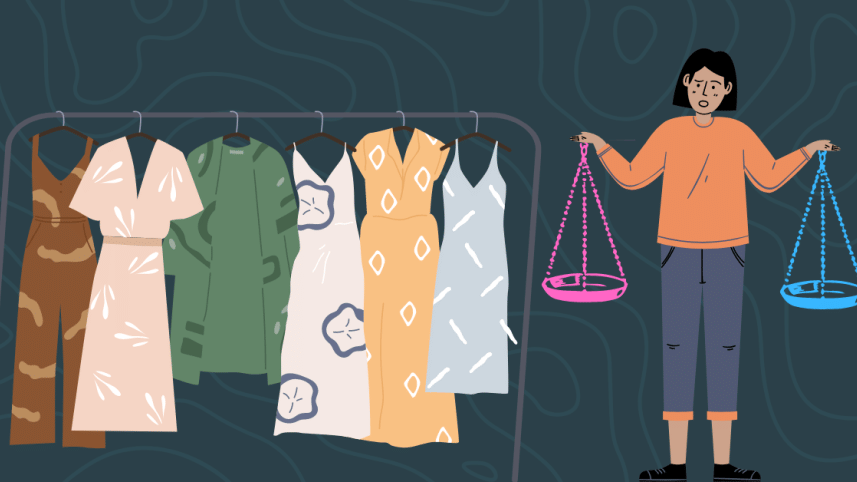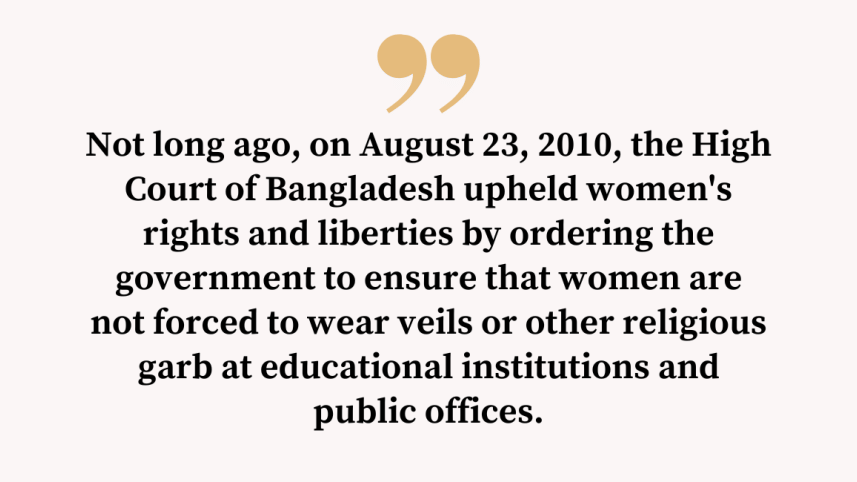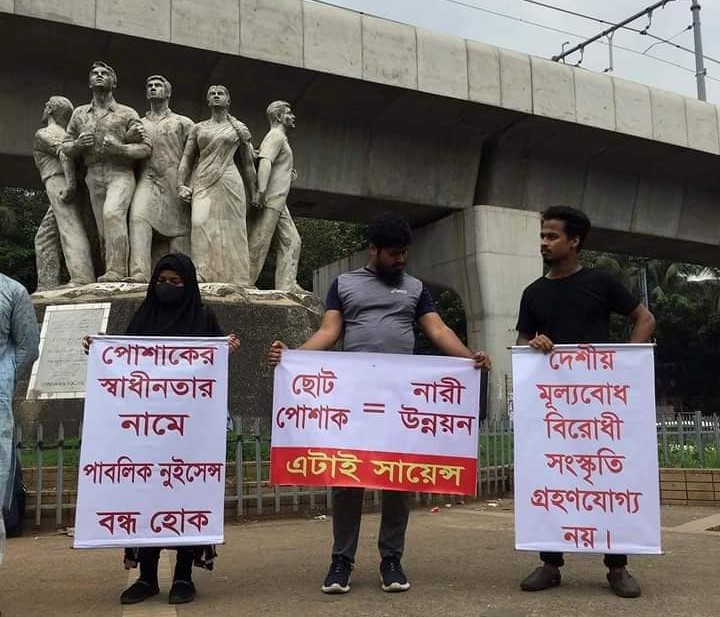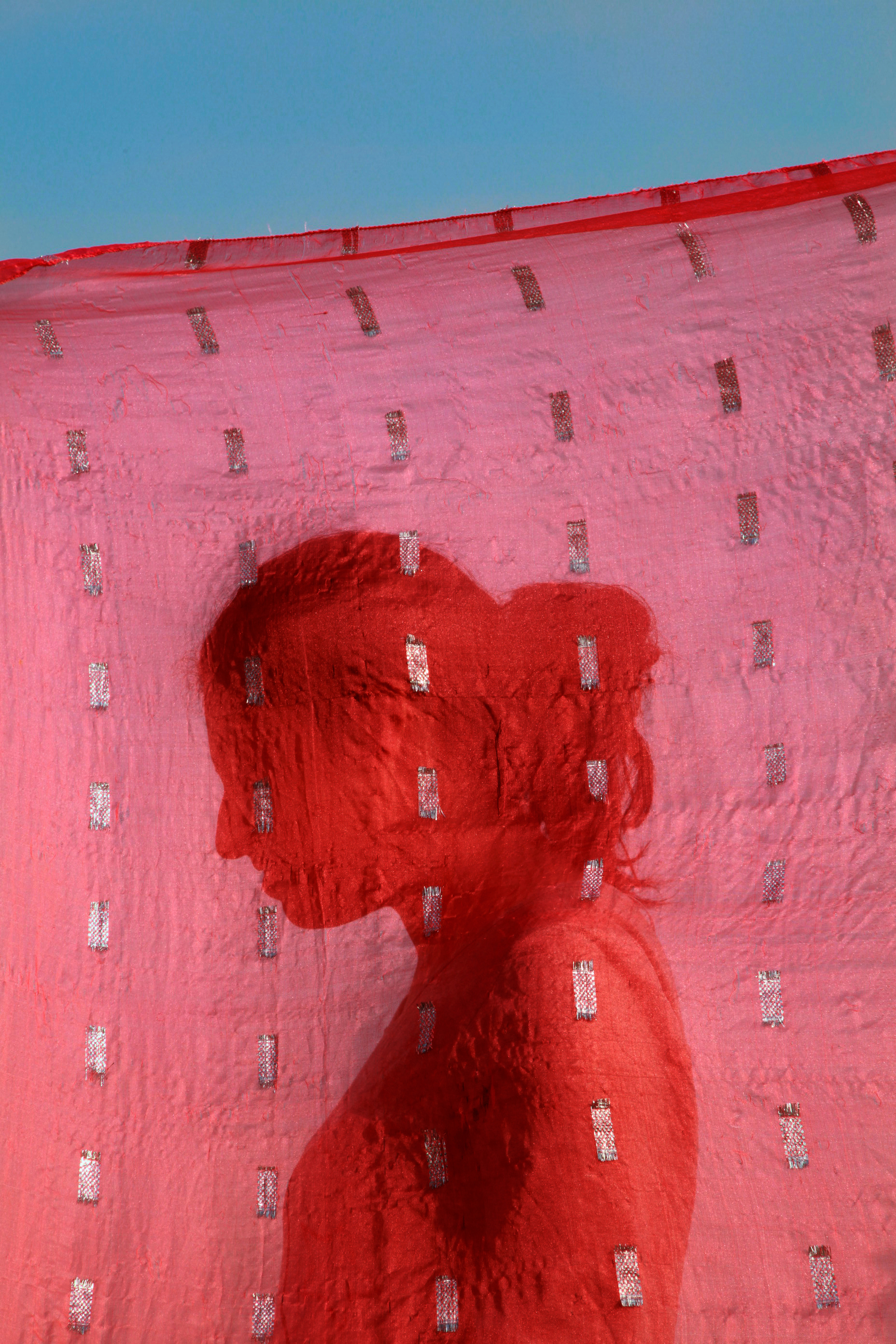Gender violence cases: Can courts decide what a woman must wear?

Judicial stereotyping, while not commonly used, is not a new concept. It is argued that judicial stereotyping is said to happen when judges reinforce harmful stereotypes by using and relying on society's stereotypical definitions of groups or categories of people, which can lead to a miscarriage of justice. It impedes the rights granted by the country's Constitution and jeopardises the integrity of the legal system by not only re-victimising the oppressed, but also by supporting and encouraging gender prejudice and oppression in the country.
The Supreme Court of India has made a number of decisions that have been criticised by law students, academics, scholars, and different women's rights groups and NGOs. For example, in the well-known Mathura rape case (Tuka Ram & Anr v State of Maharashtra, 1979 AIR 185), the judiciary was chastised for its misogynist tendencies. In the Mahood Farooqui case (Mahmood Farooqui v State [NCT of Delhi], 2017), judges made inappropriate remarks on presumed consent by allowing the person to make a drink for the prosecutrix. Cases in which the court relied on the traditional view that a "promiscuous woman" attracts "trouble" and is not blameless, and so the accused should be freed, are not uncommon.
This topic has recently crept into the judiciary in Bangladesh, following a remark made by the High Court (HC) of the Supreme Court of Bangladesh in a gender assault case.
While granting the accused six months of anticipatory bail, the HC panel of Justices Sheikh Md Zakir Hossain and AKM Zahirul Haque made a comment on the attire of the victim. According to several reports, the comment was made based on the dress of the female student who was assaulted physically on the train platform. According to those who assaulted the 22-year-old girl, the attire she was wearing was deemed obscene or unpleasant, leading to the violence.
The judges' comments on whether there are rights to preserve culture and tradition, as well as that attire is an element of culture, provoked widespread outrage on social media. People have begun to fear that if the court, which is the people's final refuge, makes statements based on societal stereotypes, where would they go for justice?
Article 32 of the Constitution of the People's Republic of Bangladesh guarantees the right to life and liberty. If the remark passed by the Courts is believed to be true, then the statement contradicts the spirit of the Constitution, which is the supreme law and a blueprint for governing the country. The supremacy of the Constitution is stated in Article 7 of the Constitution, which not only states that all powers exercised on behalf of the people must be exercised only under and by the authority of the Constitution, but also states that any law inconsistent with the spirit of the Constitution is void.
Aside from professional commitments that compel an individual to follow a particular dress code, what a man or woman wears in any other environment entirely depends on their personal preference and comfort.
A woman's constitutional rights are violated when she is harmed while exercising the personal liberty granted to her by the Supreme Law of the Land: the Constitution. As well as contradicting the government's own policy, it casts doubt on any development in women's empowerment or rights.

At the same time, such issues, if ignored, could be a troubling practice for any country in the world. Judges hold a prominent role in society. The SC, as the apex court, should not be swayed by cultural belief structures that may erode society's values. Every statement, no matter how minor in the context, is significant. People hold the Court's remarks in the highest regard.
As a corollary, courts should actively seek to provide decisions that promote equality for everybody. If ignored, this could be a worrisome tendency. People cite every statement of the Court with the deepest reverence. As a result, courts should actively seek to provide decisions that promote equality for everybody. When people in a country are particularly gender-sensitive, personal notions or stereotypical ideas may lead to radical instigation or provocation.
In this regard, in the Aparna Bhat & Ors. vs State of Madhya Pradesh & Anr (Criminal Appeal No. 329 of 2021) case, the Supreme Court of India ruled that judges, in particular, should not use any comments, spoken or written, that might undermine or shake the survivor's confidence in the justice or impartiality of the court. Furthermore, courts should refrain from conveying any stereotyped attitude in words spoken during proceedings or in the course of a judicial order.
Not long ago, on August 23, 2010, the High Court of Bangladesh upheld women's rights and liberties by ordering the government to ensure that women are not forced to wear veils or other religious garb at educational institutions and public offices. This edict said that religious apparel should be worn at the discretion of the students or staff, in other words, as per the choice of an individual.
While the general public hailed this pronouncement 12 years ago, women now are questioning the progress after this remark by the Court. The criticism and outrage on social media have sparked on the ground that now the judges are passively deciding the attire for an individual. Different organisations like Ain O Salish Kendra (ASK) and Naripokkho have also criticised the court's remark on attire during the hearing of the order of bail.
According to the recent developments of this case, on August 21, 2022, a petition was filed to the Appellate Division of the Supreme Court of Bangladesh challenging the High Court's bail order and as such the apex court has passed a stay order. Thereby suspending the bail granted by the High Court Division and sent the state's petition to its full bench to be heard on August 29, 2022. It will be very interesting to see the dynamics of this case while the public follows each stage of the case closely.
Jannatul Shareat Disha is a legal researcher for MCLaw Services, and a student at Beijing Normal University, China.



 For all latest news, follow The Daily Star's Google News channel.
For all latest news, follow The Daily Star's Google News channel. 

Comments